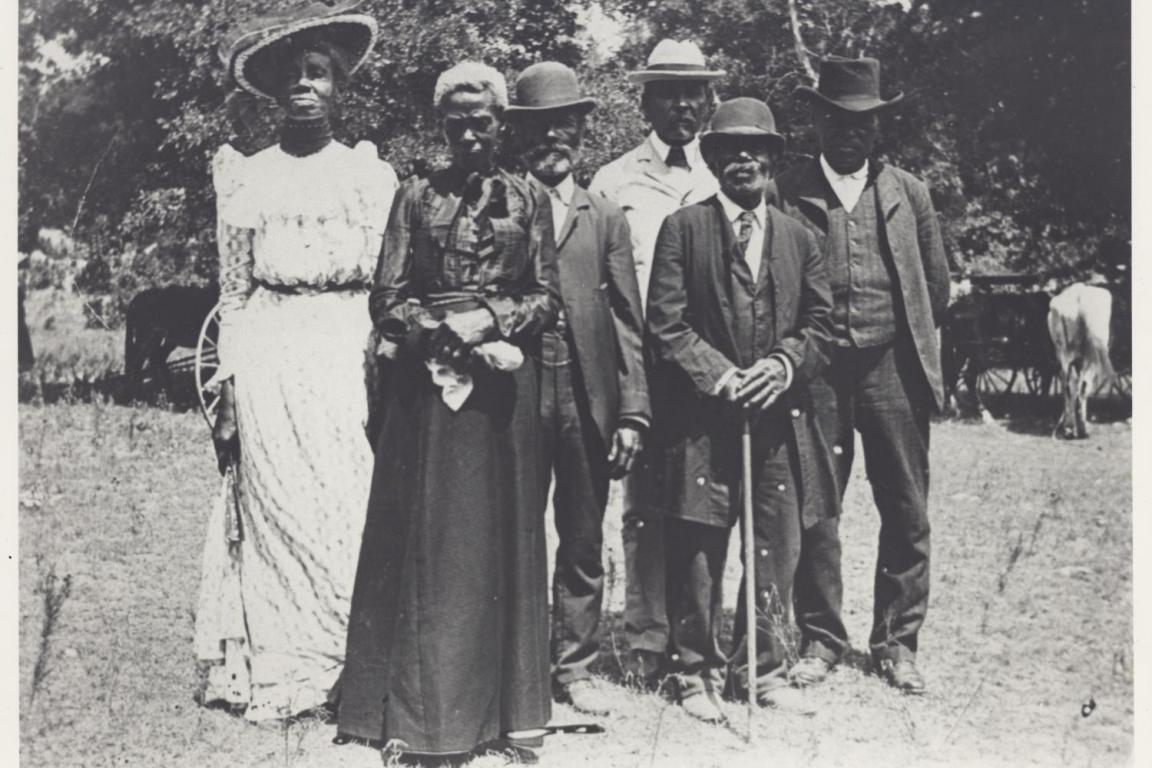It’s that time of year again. The days are still dark, the weather is at its most dreary, and the festive holidays have passed us. We find ourselves grappling with work and bills, left with a sensation of being but a faint echo in the quiet expanse of the cosmos where the repetitive cycles of our everyday lives are mere murmurs against the endless canvas of the universe…
Whoa. Sorry, got lost there in my Seasonal Affective Disorder. This is your reminder that the impact of SAD on healthcare workers is real, and for healthcare workers who already experience higher levels of depression and anxiety, it can really weigh you down.
In the aftermath of the holidays, the absence of vibrant lights and festive decorations can make the winter months feel especially challenging. Healthcare workers, who dedicate their lives to the well-being of others, often find themselves susceptible to the impact of seasonal changes on mental health.
The days may be shorter, and the weather might be gloomy, but it’s crucial to recognize the toll these environmental shifts can take on your well-being. Seasonal Affective Disorder is not just a fleeting mood, but a genuine condition that affects people, particularly during the winter months.
So, what can healthcare professionals do to navigate these winter blues?
- Prioritize Self-Care: Take a moment to check in with yourself. Make sure you’re getting enough sleep, eating well, and finding time for activities that bring you joy.
- Get Exercise: Moving your body releases endorphins that make you feel good. Not to mention, it decreases stress, improves mood, builds self-esteem, and helps you sleep better.
- Seek Support: Whether it’s through talking to a colleague, a friend, or a mental health professional, don’t hesitate to share your feelings. You’re not alone in this, and seeking support is a sign of strength.
- Embrace the Light: Exposure to natural light can have a positive impact on mood. Try to spend some time outdoors during daylight hours or consider investing in a light therapy box.
- Mindfulness and Relaxation: Incorporate mindfulness or relaxation techniques into your routine. Whether it’s meditation, deep breathing exercises, or yoga, finding moments of calm can make a significant difference.
- Professional Help: If you find that the winter blues are significantly affecting your daily life, seeking professional help is a proactive step. Therapists and mental health professionals can provide valuable support tailored to your specific needs.
As healthcare workers, your dedication to others is commendable, but it’s essential to prioritize your own well-being too. Acknowledging the impact of SAD and taking steps to navigate through it is a crucial part of self-care. Remember, you’re not alone, and there are resources and support available to help you through the winter months.
Stay resilient, stay connected, and most importantly, take care of yourself.



